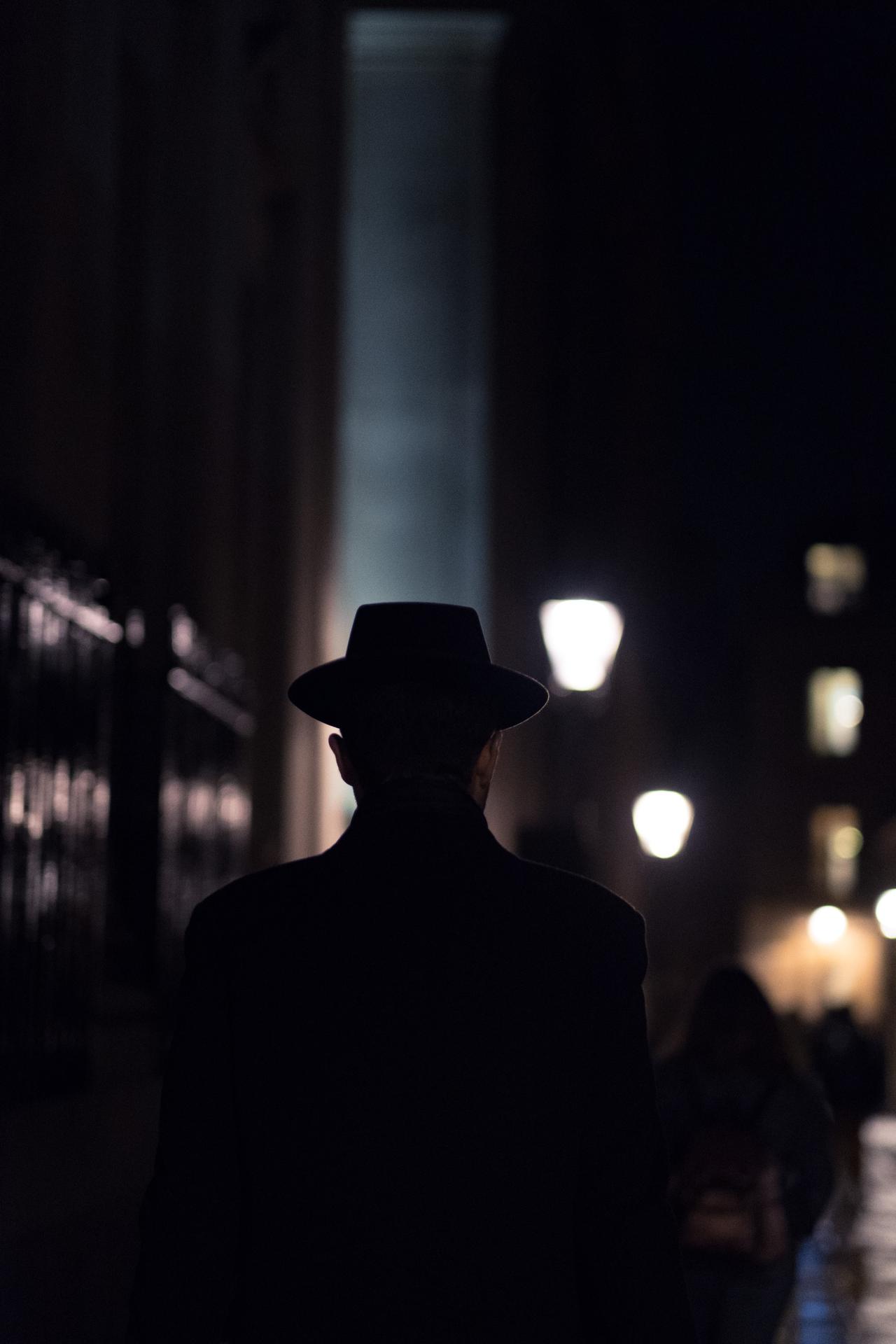When you think of a private investigator, you probably think about a shadowy figure in a trench coat carrying around their trusty spyglass, tailing cheating spouses. But the reality is not quite the same.
To help you learn more about what a private investigator does, Cancom Security Inc (a private investigator school in Toronto, Ontario) has created this guide.
As you probably already suspect, a private investigator doesn’t quite have the same kind of responsibilities as seen in classic spy movies. While there are a few parallels, the similarities are to a much less extreme degree.
Conducting background searches is one of the most common, and important, responsibilities of a private investigator. Through their connections with confidential informants, and by accessing public databases, a private investigator compiles research on individuals who are suspected of a crime, are missing, or are otherwise being investigated.
Some private investigators' research also involves combing through public social media accounts.
Private investigators are legally allowed to conduct video and audio surveillance within any public setting during any time of the day or night, as well as gather photographic or video evidence of an individual in question without their consent (so long as it's gathered in a public space).
Discreet, undercover and mobile surveillance is where private investigators shine, and it’s their ability to do so effectively that makes them an invaluable asset to a case.
During a private investigator’s career, they may need to track a vehicle via GPS. However, a vehicle can only be legally tracked if the individual who owns the vehicle gives consent. This means it is illegal to track a vehicle not owned by the individual tracking it.
Tracking a vehicle is still a responsibility for private investigators in certain situations, however, especially if a vehicle has been stolen.
Through a combination of the skills and techniques above, a private investigator is skilled at locating missing persons through a process referred to as “skip tracing.” By conducting exhaustive research, interviewing eye-witnesses, and utilizing surveillance techniques, a private investigator uses skip tracing to effectively find people who are missing or do not want to be found.
The short, technical answer is “yes”. Under section 494 of the Criminal Code of Canada, any citizen may arrest a person who they, on reasonable grounds, believe has committed a criminal offense. However, private investigators do not often choose to make arrests themselves because they understand it is best to let police intervene.
A private investigator’s role is more about gathering evidence that helps lead to an arrest, rather than making the arrest itself.
Of course, some techniques private-eyes deploy in the movies are not actually legal in Canada.
A private investigator is not allowed to trespass upon private property. This means that surveillance efforts and the gathering of photographs or video footage must be done on public property.
Contrary to fiction, a private investigator is not legally allowed to wiretap someone’s devices or hack into their personal accounts. Email accounts, social media profiles, or banking accounts cannot be hacked into.
Any information collected online must be information that has been made public.
At Cancom, you’ll learn effective management skills for developing professional relationships as well as starting your own business. You’ll also gain the investigation skills needed to give you confidence in the field, and judicial skills to help you understand essential legal jargon.
If you’re ready to begin your career as a private investigator, contact us today to learn more about our courses.
